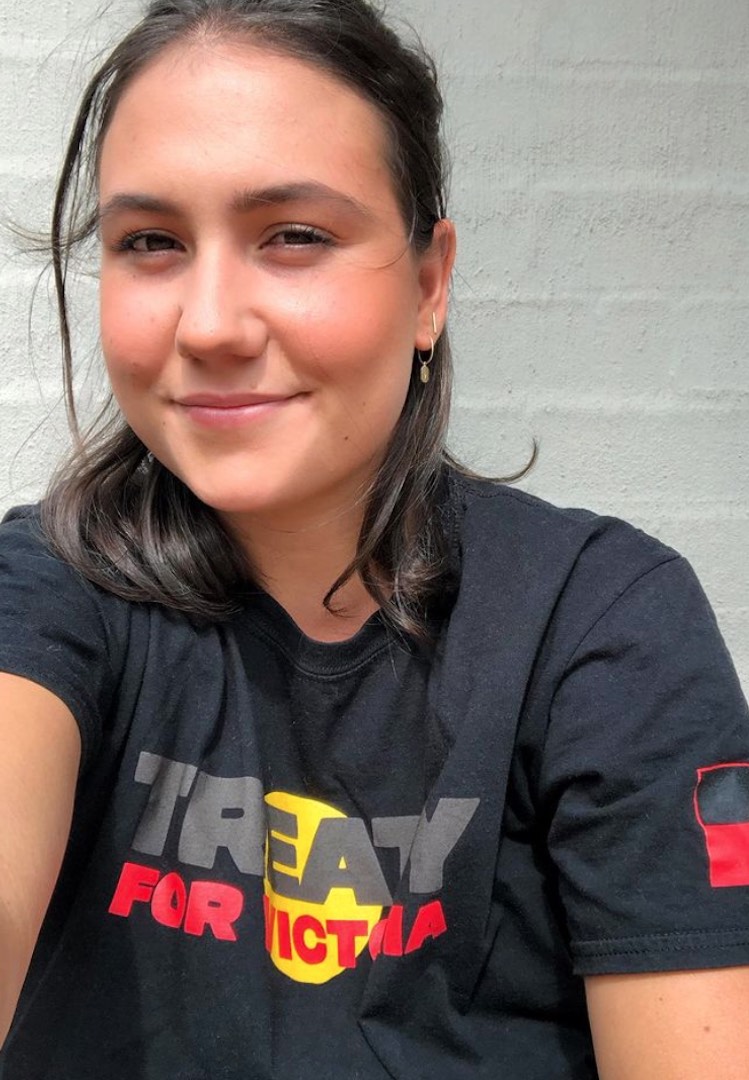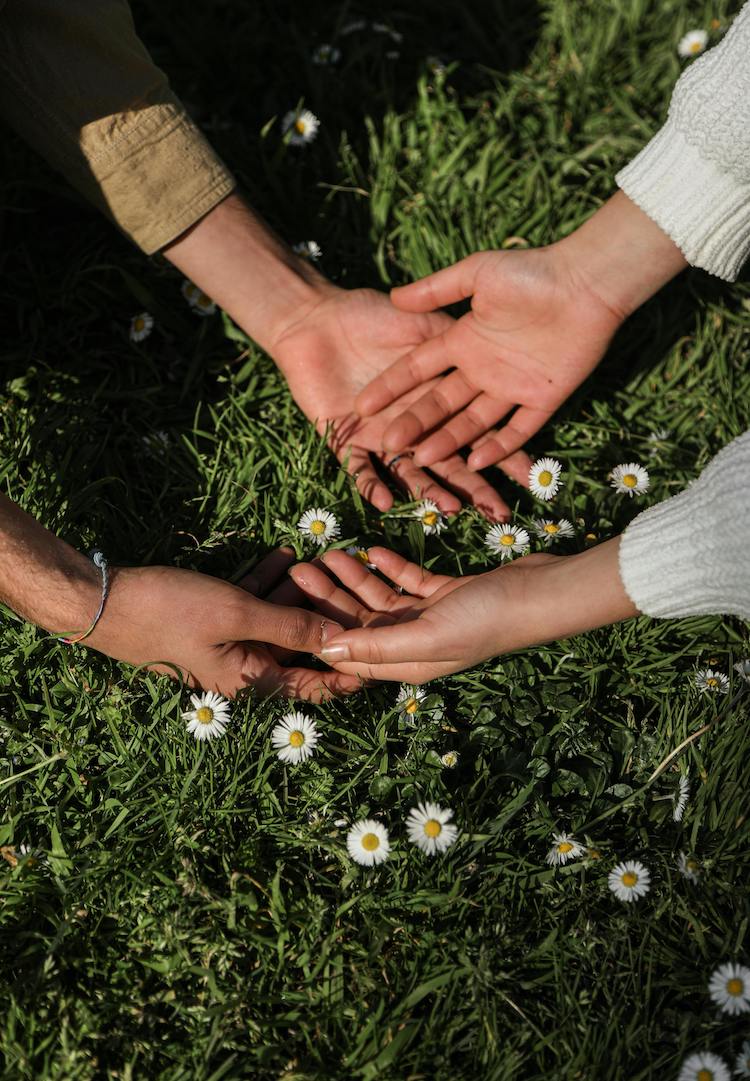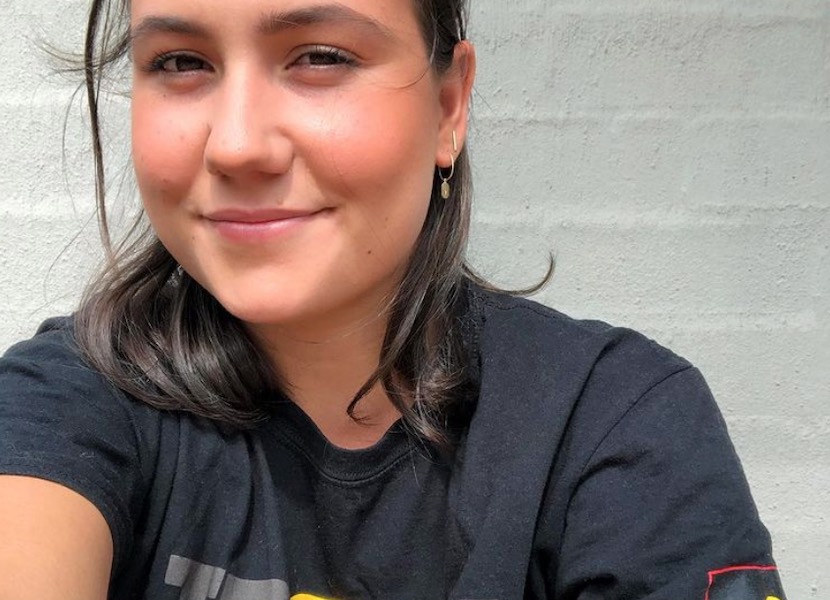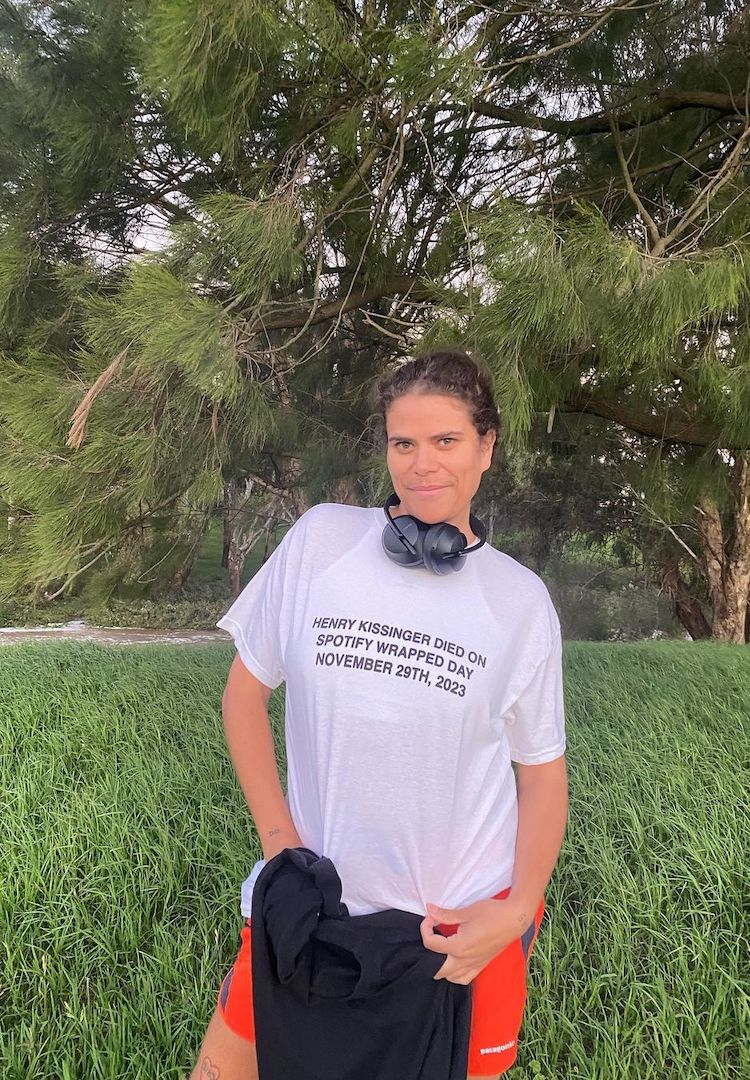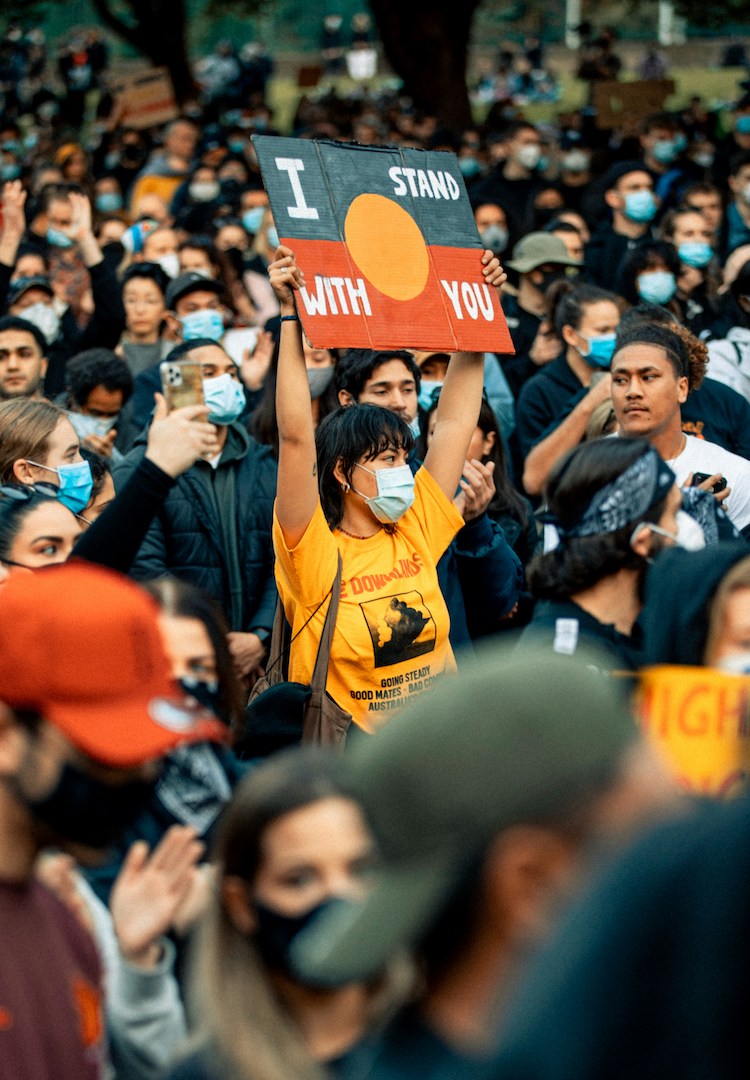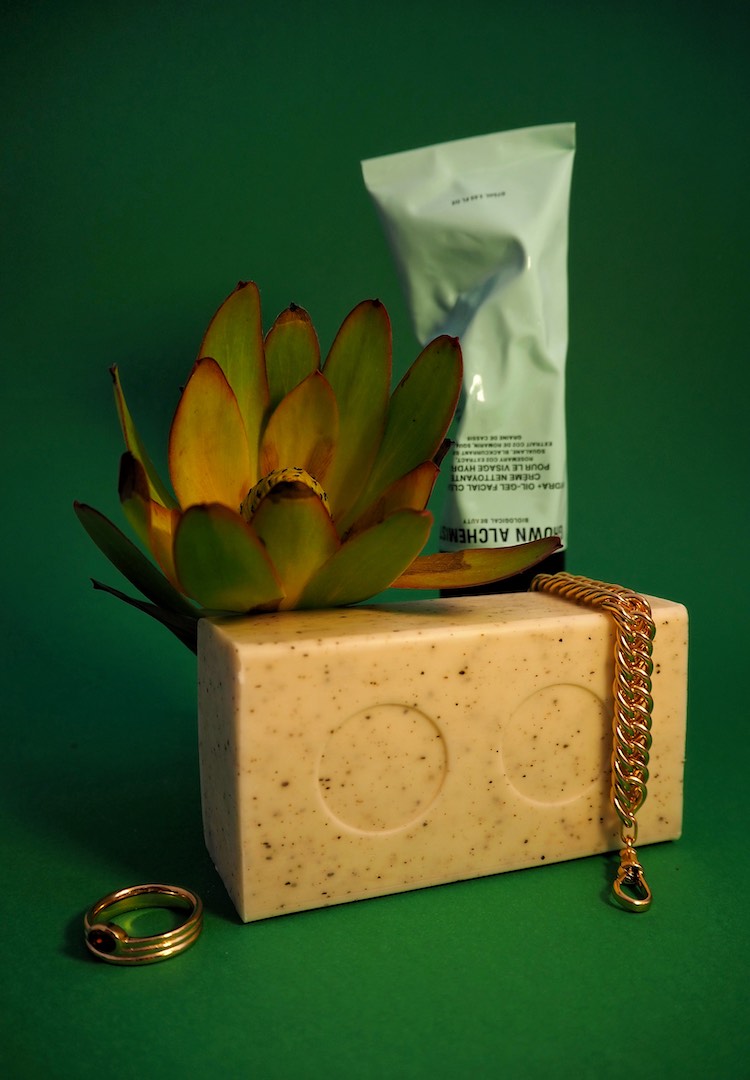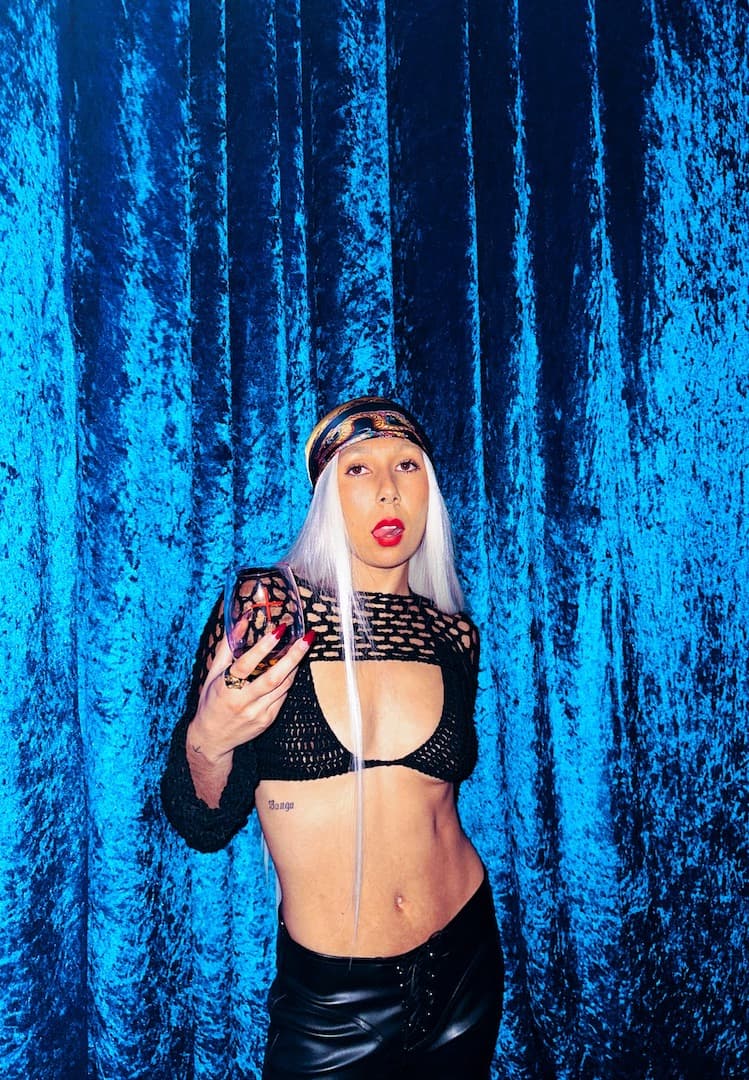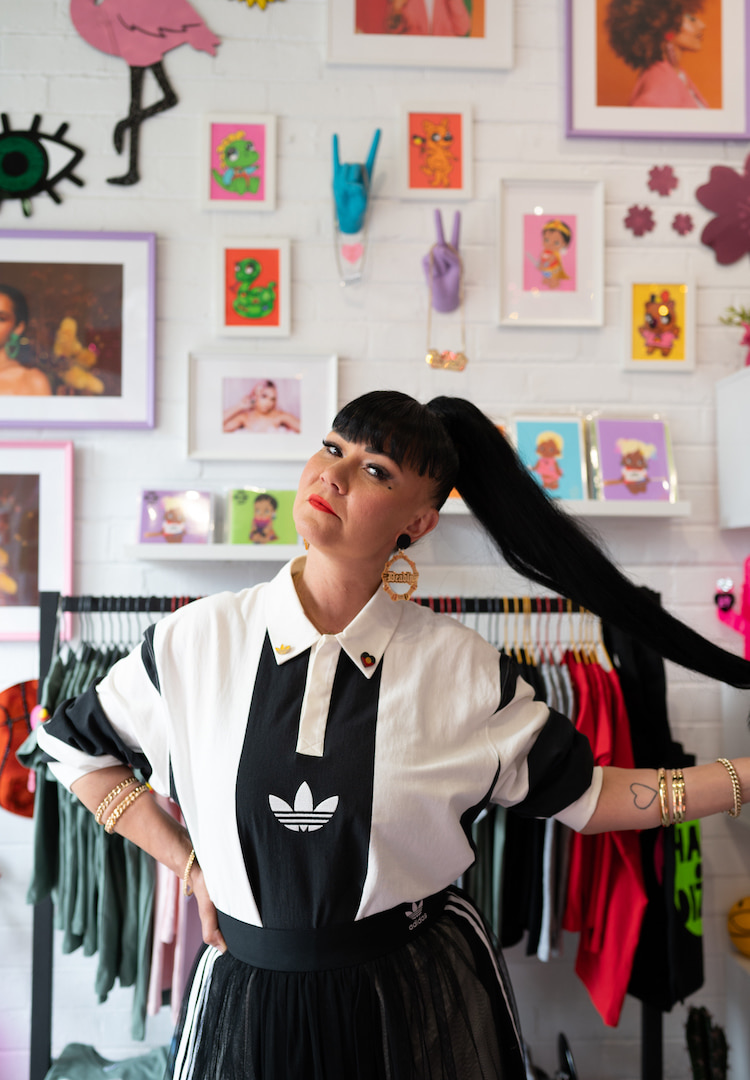How to be an ally this Invasion Day, according to a First Nations Australian
IMAGE VIA @ellataverner/INSTAGRAM
WORDS BY ELLA TAVERNER
“Virtue signalling, kind words and empty promises are not enough, and sustained change requires genuine action.”
Each year for First Nations communities across the country, January 26 is a day of mourning. Invasion Day, also known as Australia Day or Survival Day, marks the beginning of ongoing oppression, massacre and colonisation inflicted on First Nations people. Sir Arthur Phillip and the First Fleet arrived on this day in 1788, and from then on, January 26 has been a reminder of Australia’s violent and traumatic past.
This day is an opportunity for all Australians, both Indigenous and non-Indigenous, to come together to acknowledge and elevate the voices and stories of the oldest continuous living culture in the world. From as early as the Frontier Wars, to the famous 1946 Pilbara strike in Western Australia, Indigenous Australians have a proud history of standing up and fighting for justice.
For more content like this, browse through our Life section.
While there’s no denying recent years have seen a galvanised momentum, from the national success of the Free The Flag campaign, to the recent passing of the historic Treaty bill in the Victorian Lower House, it would be naive to overlook how much work is yet to be done.
Indigenous incarceration rates are still disproportionately high, and states and territories are still yet to achieve a ‘meaningful improvement’ in maintaining school attendance for Aboriginal and Torres Strait Islander kids.
My family are proud Gunditjmara people, and I’m lucky enough to be surrounded by caring and supportive friends who understand both the pride and sensitivities that come with being Indigenous. But I’d be lying if I said I was always this privileged. I’ve lost track of the number of times my heritage has opened the floodgates to a barrage of intrusive and often presumptuous questions about my cultural identity.
Invasion Day is a call to action for our non-Indigenous allies to stand in solidarity with us. Well-intended or not, the onus is not on us. Intergenerational trauma is real, and we will not reopen our wounds in the name of passive education. Instead, to see environmental, constitutional and cultural change, we need to work together.
So, how can you support First Nations people this Invasion Day?
Being an ally doesn’t have to look the same to everyone. First and foremost, it’s understanding your privilege, and listening deeply to First Nations groups around you. Recognising the history behind First Nations’ days of significance is an important step in active campaigning.
A great place to start is finding First Nations-led protests, marches and rallies to show your support and call for change. Australians Together, an organisation dedicated to bringing Indigenous and non-Indigenous people together, has a helpful guide on attending First Nations-led public events.
It’s also an opportune time to brush up on your First Nations education, using resources like AIATSIS, Common Ground, Deadly and Proud, First Peoples’ Assembly of Victoria and Sisters Inside. You can also tune into SBS and NITV, where you can find live coverage of national marches all day, on both social media and TV.
If you’re looking to wear your values on your sleeve, consider getting your next purchase from an Indigenous-owned business. Whether you get comfy with a new jumper or tee from Clothing The Gaps, or adorn your neck with a Ngali silk scarf, supporting Blak designers is a great way to stand with the community. Head here to check out a growing directory of brands we’ve put together.
With just a quick scroll on social media, you’re bound to come across a myriad of social organisations such as Pay The Rent or Healing Foundation. If you’re in a position to do so, a donation of any kind is a great step towards reconciliation and allows organisations such as these to provide tangible care and support to communities in need.
As the day draws to a close, it’s important to remember allyship doesn’t stop there. It’s about showing up every day, calling out racism and driving meaningful conversations. There is no longer room for complacency. Virtue signalling, kind words and empty promises are not enough, and sustained change requires genuine action. Always was, always will be, Aboriginal land.
Discover a complete list of marches and events happening across the day here.


